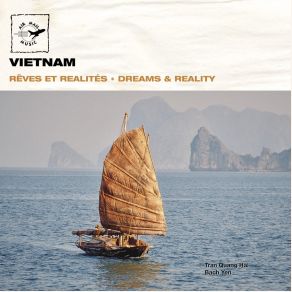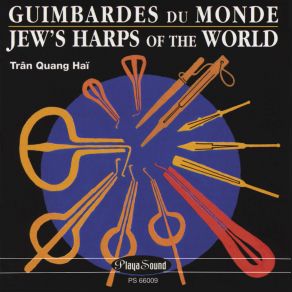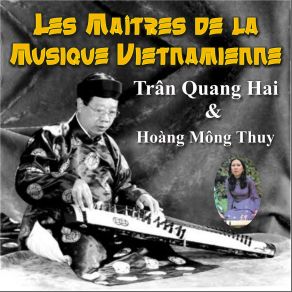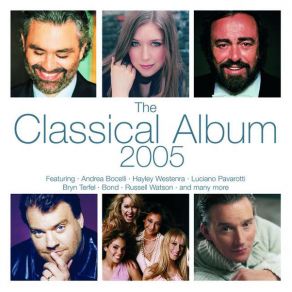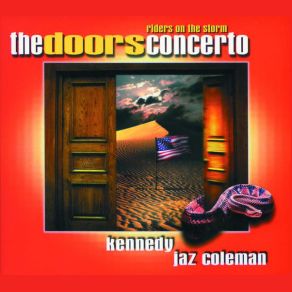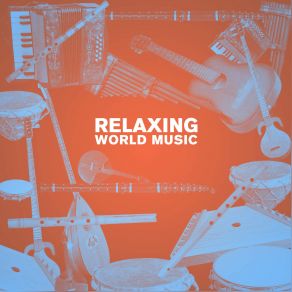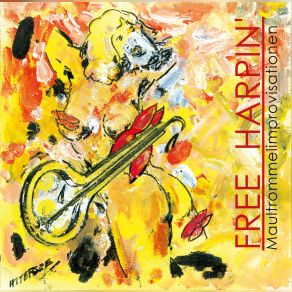Tran Quang Hai
Wikimp3 information about the music of Tran Quang Hai. On our website we have 5 albums and 3 collections of artist Tran Quang Hai. You can find useful information and download songs of this artist. We also know that Tran Quang Hai represents World Music genres.
Biography
[Edit]The collected musical activities of this great Vietnamese artist would have kept busy all five generations of musicians preceding him in his family. The husband of popular folksinger Bach Yen, Hai is a composer of pop songs, a virtuoso performer on more than a dozen traditional Vietnamese instruments, a collaborator in edgy electro-acoustic avant-garde projects, an educator who has taught and lectured throughout the world, and the author of dozens of published articles. Did we mention that he's a movie star? Well, not exactly, but he was the main actor in The Song of Harmonics, a film Hai co-produced with Hugo Zemp in 1990, focusing on the art of overtone singing, just one of Hai's many outlets for making music. He began his musical education at the National Conservatory of Music in Saigon.
The early '60s were a good time to get out of Dodge if you were Vietnamese, and Hai was fortunately able to continue his studies in Paris beginning in 1961. In one way, it wasn't like leaving home at all because he was able to study oriental music with his father Tran Van Khe in the French metropolis. He began building up an arsenal of instruments which has grown to some 15 different music-making devices from Vietnam, China, India, Iran, Indonesia, and Europe. Listeners who are fond of the teeth-shattering sounds of the Jew's harp may have encountered Hai playing the Vietnamese bamboo variation on compilations produced in the Netherlands by Phons Bakx. The Vietnamese Jew's harp, or "trump", has also spent time onstage with the Irish variety in the hands of John Wright, all in creation of a kind of international mouth music. Hai is also an innovator on the spoons, a percussion utensil that is also common in Appalachia. In the '90s, he began a new series of compositions for the dan tranh, a Vietnamese 16-string zither. Hai doesn't need an instrument case of any kind for one of his main specialties, the art of overtone, or throat singing. This approach to vocalizing is another style that crops up in various cultures around the world, such as the Inuit and Siberian people. The documentary film about Hai's mastery of this art won awards in several international film festivals and helped establish the Vietnamese multi-instrumentalist as a master of this difficult vocal art.
Hai has released recordings under his own name and in collaboration with his wife. Their first recordings were released in the late '70s on labels such as Playasound, and Hai also recorded on several of his instruments for the Lyrichord label. He has also recorded with Philip Peris, a didjeridu player. He has also written hundreds of pop songs in French, English, and his native tongue. Hai is an extremely active performer, claiming nearly 3,000 stage appearances since the late '70s. He has probably performed at more international events than any other Vietnamese musician and seems to be the man to call for historical anniversary celebrations. Hai was called on, for example, to entertain at the Australian bicentennial in 1988, and a similar commemoration of the French Revolution a year later. In 1992, there was the 350th anniversary of the founding of Montreal, the 500th anniversary of the discovery of America in 1992, a 600th anniversary celebration of Korea, and topping it all off, the 1,000 Years of Trondheim in Norway. He has participated in radio and television broadcasts all over the globe.
No discussion of Hai is complete without mention of his massive academic credentials. He has lectured throughout the United States and Europe and in Canada, South Africa, Australia, the Phillipines, Southeast Asia, and Russia. From 1995, he was employed by the Department of Ethnomusicology at the Musee de l'Homme in Paris, following appointments at the National Center for Scientific Research. He has written hundreds of articles for Vietnamese publications and is consulted as an expert in oriental music for English reference books such as the New Grove Dictionary of Music and Musicians. He wrote the book Musics of the World in the early '90s, and it has been published in five languages.
Collections
Title: The Classical Album 2005
Genre:
